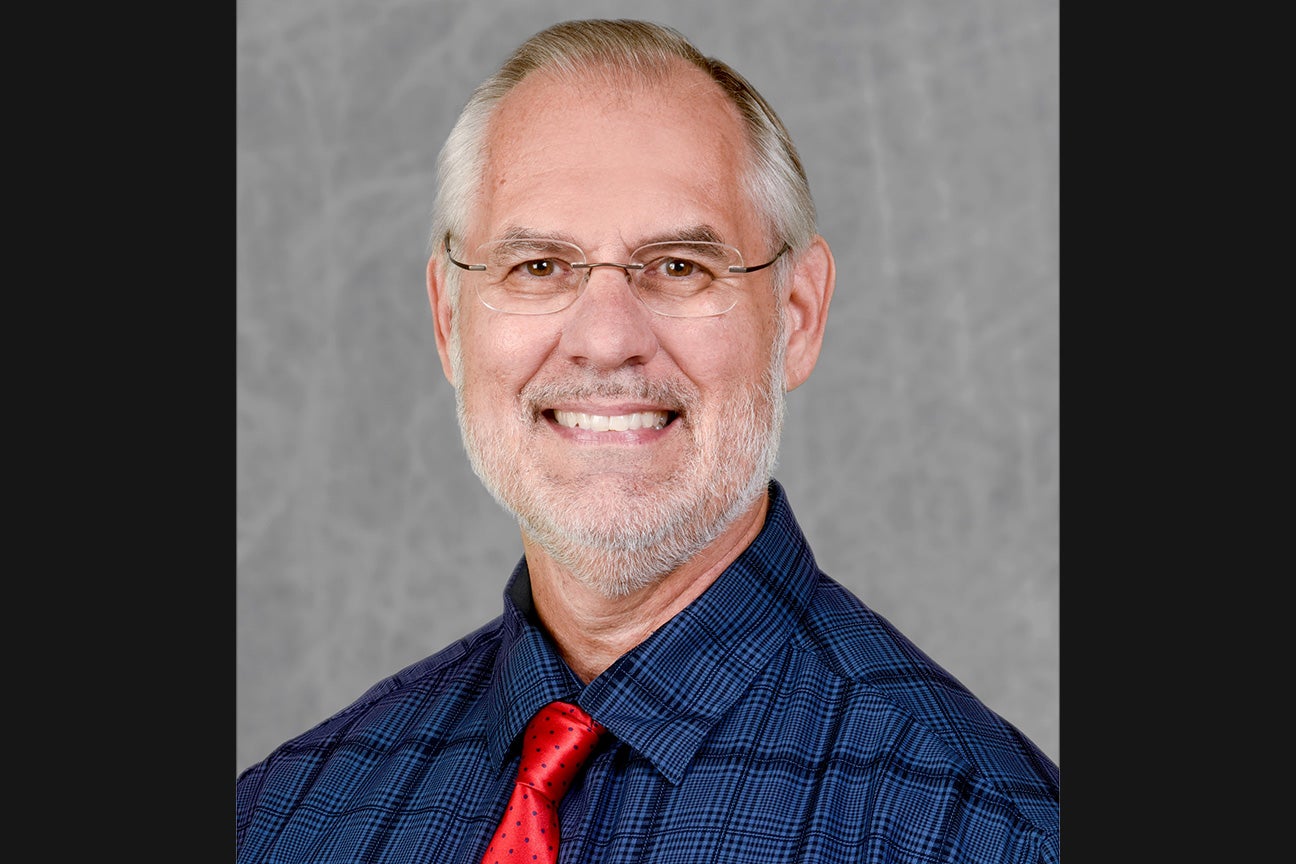Column – Gov. Cooper’s crossroads: compromise or conflict in 2019?
Published 5:40 am Sunday, January 6, 2019
By Colin Campbell
RALEIGH – North Carolina’s Lawsuits Governor finds himself at a crossroads as he hits the halfway point in his term.
Gov. Roy Cooper ends his first two years in office with few major policy victories. He’s come up short in efforts to expand Medicaid, block scheduled income tax cuts and increase government spending on education and other programs. That’s not his fault – Republicans in the legislature have had a veto-proof majority and could run the state as they please.
Cooper’s biggest successes so far have come in the courtroom. Legislators have tried to scale back the governor’s powers and he’s sued to keep the same amount of authority enjoyed by his predecessor, Republican Gov. Pat McCrory. The former attorney general has a mostly winning record in court, with many of the legislature’s changes ruled unconstitutional.
Cooper also has a winning record at the ballot box. With help from former governors of both political parties, Cooper convinced voters to reject two constitutional amendments that would have further weakened the governor’s appointment powers. And he helped Democrats ride a national “blue wave” and defeat enough Republican legislators to ensure Democrats can sustain most of his vetoes in 2019 and 2020.
That shift takes Cooper to a fork in the road as the new year begins. One road leads to compromise and moderation. If the governor chooses that path, he’ll need to bury the hatchet with Republican legislators, meet with them regularly and find common ground and cooperation on policies that both parties can support.
Cooper could perhaps reach a deal to expand Medicaid in a manner that satisfies the GOP’s concerns. Or he could secure funding for some of his proposed jobs and rural development programs that went ignored in previous budget proposals.
“The governor is going to have to learn to talk with this body, and the minority party is going to have to learn to work constructively instead of casting stones from the sidelines,” said Rep. David Lewis, R-Harnett and one of the top state House leaders.
But in today’s hyperpartisan, polarized atmosphere, the road toward compromise is the one less traveled by. Cooper’s other option at the crossroads takes him quickly to his 2020 re-election campaign, where he’ll be tempted to fight with Republicans at every opportunity – anything to score points against his expected GOP challenger, Lt. Gov. Dan Forest, who presides over the state Senate.
In an era when voters pay far more attention to national politics than state politics, continued constant warfare between Cooper and the legislature could energize the Democratic base and help Cooper fundraise for an expensive re-election battle.
If the latest battle over voter ID is any indication, Cooper seems to prefer the well-traveled road toward partisan government gridlock. After 55 percent of voters backed a constitutional amendment to require voter ID, lawmakers spent weeks in December hashing out the details of the new requirement.
While some Democratic legislators focused their objections on elements of the rules that could make voting harder, Cooper used his veto message to bash the new constitutional amendment. Rather than propose improvements to voter ID rules, the governor simply described the entire voter ID concept as having “cynical and sinister origins.”
The message served as a call-to-arms for liberals, but a “screw you” to the majority of North Carolinians who supported voter ID.
If that approach continues, look for two years of legislative gridlock. If Cooper refuses to work with Republicans, they’ll likely respond by ginning up their own base with divisive social legislation that won’t become law as long as Cooper has the veto stamp.
But while it might be an effective technique for fundraising and attracting national attention, Cooper could find that the road ends in defeat. Cooper won in 2016 because tens of thousands of voters who picked Republican Donald Trump also picked the Democrat for governor.
At the end of the day, North Carolina remains a relatively moderate state. Taking the road less traveled by toward compromise and cooperation could make all the difference for Cooper’s political fortunes.
Colin Campbell is editor of the Insider State Government News Service. Follow him at NCInsider.com or @RaleighReporter. Write to him at ccampbell@ncinsider.com.
TO READ MORE COLUMNS AND LETTERS TO THE EDITOR, CHECK OUT OUR OPINION PAGE.





